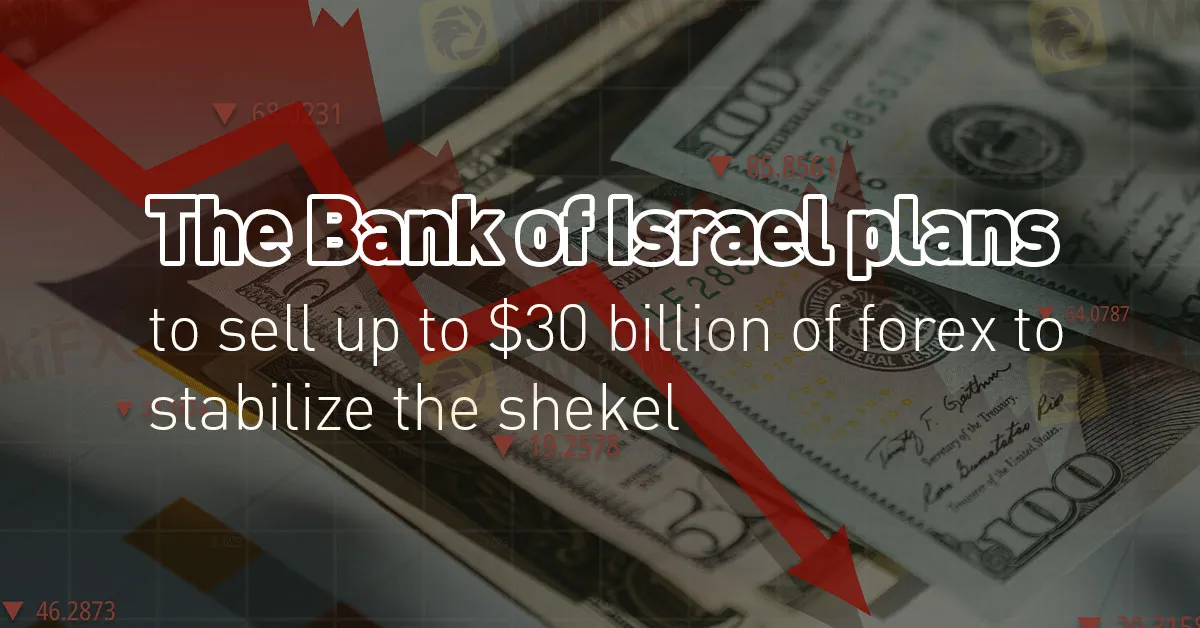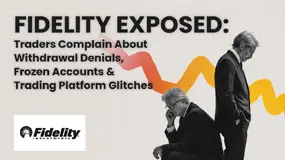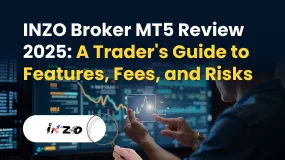简体中文
繁體中文
English
Pусский
日本語
ภาษาไทย
Tiếng Việt
Bahasa Indonesia
Español
हिन्दी
Filippiiniläinen
Français
Deutsch
Português
Türkçe
한국어
العربية
The Bank of Israel plans to sell up to $30 billion of forex to stabilize the shekel
Abstract:The Bank of Israel made a historic announcement on Monday, revealing its plans to conduct its first-ever sale of foreign currency in the open market. This move, involving the sale of up to $30 billion in foreign exchange, is aimed at preserving stability amid the ongoing conflict with Palestinian militants in Gaza.

The Bank of Israel made a historic announcement on Monday, revealing its plans to conduct its first-ever sale of foreign currency in the open market. This move, involving the sale of up to $30 billion in foreign exchange, is aimed at preserving stability amid the ongoing conflict with Palestinian militants in Gaza.
As news of this decision broke, the Israeli shekel experienced a sharp decline of 2.8% against the US dollar, reaching a rate of 3.95 shekels to the dollar—its weakest performance since February 2016. This marked the most significant one-day movement in the shekel's value since March 2020.
Golan Benita, head of the Bank of Israel's markets department, addressed a news conference, stating, “We are in an unprecedented security situation, and our estimate was that the market could get to a situation of divergence without the announcement of our intervention.” This decision was prompted by concerns that, given the ongoing conflict and political turmoil, the shekel could depreciate significantly, exacerbating market uncertainty.
Before the local market opened for trading, the shekel's exchange rate had surged to as much as 4.3 shekels per dollar during overnight trading in Asia. Benita explained that the central bank's intervention was vital to increase market certainty and mitigate the risk of excessive market reactions, ensuring the regular functioning of financial markets.
While there are currently no plans to exceed the $30 billion limit in foreign exchange sales, the Bank of Israel maintains a substantial reserve, which provides room for further support to the economy during emergencies. The primary focus at present is to maintain market stability and normal operations.
Citi economists noted, “Despite our expectation of a weaker shekel in the medium term... we do not expect further sustained bouts of shekel weakness.” However, JPMorgan expressed the view that the central bank might have to contend with prolonged pressure on the currency. “Given potential passthrough to inflation as well as sentiment impact, we think levels near 4.00 may see more substantive FX selling by BoI,” said Anezka Christovova of JPMorgan.
In response to the situation, Israeli stock and bond prices had initially declined by 7% following an incursion by Hamas gunmen into Israeli territory. However, on Monday, key Tel Aviv share indexes rebounded, closing 0.7% to 1% higher in a day characterized by strong turnover.
Furthermore, the Bank of Israel announced its intent to provide liquidity through swap mechanisms in the market, amounting to up to $15 billion. The central bank remains vigilant, monitoring market developments and maintaining its commitment to utilizing available tools as necessary.
Israel's fiscal resilience is underscored by its forex reserves, which have surpassed $200 billion—equivalent to nearly 40% of its GDP. These substantial reserves have been accumulated since 2008 to manage the shekel's strength and safeguard the competitiveness of Israeli exporters, particularly within the booming tech sector.
While the Bank of Israel's recent intervention is a rare occurrence, it reflects the country's proactive stance in ensuring market stability during times of crisis. As evidence of investor confidence in Israel, the government successfully raised 2 billion shekels ($508 million) through bond issuance on Monday, even amidst the ongoing emergency.

Disclaimer:
The views in this article only represent the author's personal views, and do not constitute investment advice on this platform. This platform does not guarantee the accuracy, completeness and timeliness of the information in the article, and will not be liable for any loss caused by the use of or reliance on the information in the article.
Read more

Fidelity Exposed: Traders Complain About Withdrawal Denials, Frozen Accounts & Platform Glitches
Does Fidelity Investments prevent you from accessing funds despite numerous assurances on your requests? Do you witness an account freeze by the US-based forex broker every time you request withdrawal access? Do you struggle with an unstable trading platform here? Is the slow Fidelity customer service making you face forced liquidation? These issues haunt traders, with many of them voicing their frustration on several broker review platforms such as WikiFX. In this Fidelity review article, we have shared quite a few complaints for you to look at. Read on!

Exposing The Trading Pit: Traders Blame the Broker for Unfair Withdrawal Denials & Account Blocks
Did you receive contradictory emails from The Trading Pit, with one approving payout and another rejecting it, citing trading rule violations? Did you purchase multiple trading accounts but receive a payout on only one of them? Did The Trading Pit prop firm refund you for the remaining accounts without clear reasoning? Did you face account bans despite using limited margins and keeping investment risks to a minimum? These are some raging complaints found under The Trading Pit review. We will share some of these complaints in this article. Take a look.

M&G Review: Traders Report Fund Scams, Misleading Market Info & False Return Promises
Applying for multiple withdrawals at M&G Investments but not getting it into your bank account? Do you see the uncredited withdrawal funds out of your forex trading account on the M&G login? Does the customer support service fail to address this trading issue? Does the misleading market information provided on this forex broker’s trading platform make you lose all your invested capital? Were you lured into investing under the promise of guaranteed forex returns? These issues have become highly common for traders at M&G Investments. In this M&G review article, we have echoed investor sentiments through their complaint screenshots. Take a look!

INZO Broker MT5 Review 2025: A Trader's Guide to Features, Fees and Risks
INZO is a foreign exchange (Forex) and Contracts for Difference (CFD) brokerage company that started working in 2021. The company is registered in Saint Vincent and the Grenadines and regulated offshore. It focuses on serving clients around the world by giving them access to popular trading platforms, especially MetaTrader 5 (MT5) and cTrader. The company offers different types of trading instruments, from currency pairs to cryptocurrencies. It aims to help both new and experienced traders. Read on to know more about it.
WikiFX Broker
Latest News
2 Malaysians Arrested in $1 Million Gold Scam Impersonating Singapore Officials
Moomoo Singapore Opens Investor Boutiques to Strengthen Community
OmegaPro Review: Traders Flood Comment Sections with Withdrawal Denials & Scam Complaints
An Unbiased Review of INZO Broker for Indian Traders: What You Must Know
BotBro’s “30% Return” Scheme Raises New Red Flags Amid Ongoing Fraud Allegations
The 5%ers Review: Is it a Scam or Legit? Find Out from These Trader Comments
WikiEXPO Dubai 2025 Concludes Successfully — Shaping a Transparent, Innovative Future
Admirals Cancels UAE License as Part of Global Restructuring
Forex Expert Recruitment Event – Sharing Insights, Building Rewards
Exness Broker Expands in South Africa with Cape Town Hub
Currency Calculator



